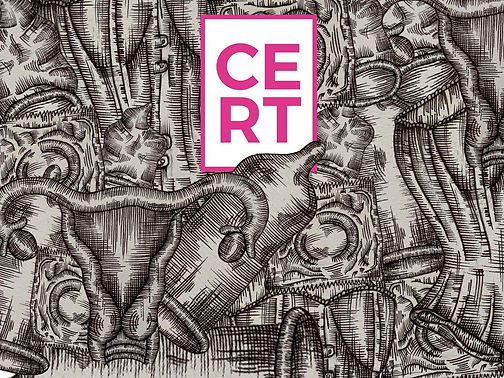
CAMPAIGN
Stealthing is a serious form of sexual violence which can leave an enormous lasting impact on individuals who have experienced it. However, convictions of stealthing in Scotland are low - the police currently do not track for cases of stealthing or non-consensual condom removal (NCCR). It is currently illegal in Scotland but there has been only one prosecution. Without specific legislation, victim-survivors are left in a legal grey area and are often left to cope without adequate emotional support. In fact, many victim-survivors are not even aware that what they experience is all too common and is a form of sexual assault.

stealthing noun /stelθiŋ/
the non-consensual removal or tampering of a barrier method of contraception before or during a sexual encounter
Why do we use the term ‘Victim-Survivor’ to refer to those who have experienced Stealthing?
Where appropriate, we would generally use ’survivor’ as a standalone label; however, from our joint clinical experience working with victim-survivors we recognise that the label of ‘victim’ or ‘survivor’ takes on different meanings and purposes at different points in recovery and some individuals may feel uncomfortable with either label. Therefore out of respect for the autonomy of individuals to choose a label that supports their recovery at a specific point, we have chosen this double-barrelled label to use. We also prefer to use this term to highlight the fact that not everyone who experiences sexual assault survives.
*Since this report was published 2021, there has been a conviction of stealthing in Scotland, proving the illegality of stealthing in Scotland. Ever since, our campaign has shifted focus to the various issues in data collection, education, and awareness concerning this issue of stealthing, which have yet to be addressed.

First conviction of stealthing in Scotland & Issues yet to be addressed:
In May 2023, the Glasgow High court found Luke Oscar Ford guilty of rape for stealthing - this is the first time in Scotland that someone has been convicted of stealthing. The court heard that Ford (33), an aspiring actor, has been abusing women for over 17 years; and in 2017, he stealthed a woman he met on the dating app, Tinder.
The Sexual Offences (Scotland) Act 2009 does not explicitly mention stealthing as a form of sexual assault, though it does explain in section 15 (2) that “consent to conduct does not of itself imply consent to any other conduct”. This conviction, therefore, is a crucial step forward in explicitly demonstrating the illegality of stealthing in Scotland.
However, there are many areas that still require improvement and reform in regard to this crime. Testimonial evidence we have gathered suggests a lack of awareness among the Police and healthcare service providers (e.g. sexual health clinics), which causes further trauma for victim-survivors and discourages victim-survivors from reporting in future.
One significant omission can be found in the way in which data regarding stealthing is handled by Police Scotland. From previous attempts to obtain information from Police Scotland and the Justice Analytical Services about the number of allegations involving contraceptive dishonesty, we were informed that there is no marker on their database for this form of offence, which meant that they were unable to provide us this crucial data. This lack of marker makes it incredibly difficult to obtain necessary and crucial details regarding the real prevalence of this crime and the reporting of it. Moreover, this highlights the ways in which stealthing has become a hidden form of sexual offence, remaining relatively unknown and undiscussed, despite the grave suffering it causes.

“I think myself and everyone I know has felt disgusting and violated after it. You feel totally uncomfortable in your own body, knowing that you didn’t consent to this. It’s a horrible experience and it is so normalised.”

To understand the prevalence and awareness of stealthing within Scotland we conducted a public survey. From this we found that only 69% (152) of respondents were aware of what stealthing entailed before completing the survey. Concerningly, we also found that out of the 219 respondents who completed the survey, 34 had experienced stealthing and another 69 said they knew of someone who had been stealthed.
CERT feels that educating the public about stealthing and raising awareness will change attitudes and reduce the prevalence of stealthing, whilst also making it easier for those who are stealthed to report these offences to the police. Our demands are echoed by our findings:

Only 19% of respondents said they would proactively report stealthing to the police.
31.5% of respondents know someone who has experienced stealthing
We implore anyone and everyone to share our campaign so we can educate against and end stealthing, and ultimately one more barrier between us and a world where sexual violence of all kinds is prevented.
All artwork and graphics were contributed to CERT Scotland by artists Katy Tulloch, Sophie Pywell and Katie Leeming
























